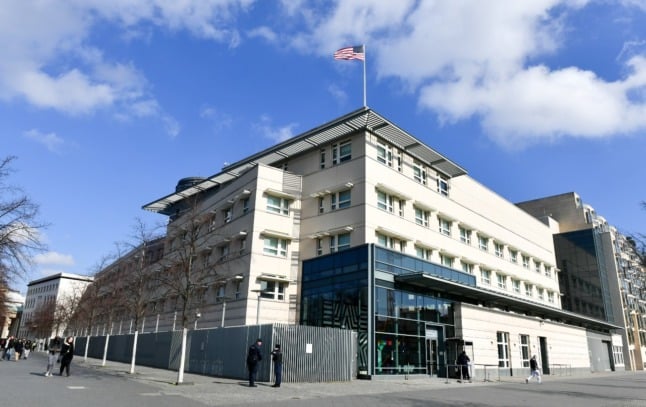Although the estimated 1,200 French nationals in the deeply poor nation do not feel particularly threatened as a community, many fear that attacks will be on the rise as tensions mount following the launch of the rebel offensive earlier this month.
A French woman living in the capital Bangui for 28 years said many people were on edge.
"The people fear pillaging and the manipulation of mobs who are ready to do anything," the businesswoman said on condition of anonymity.
The woman, who was evacuated in 1996 when the country witnessed a slew of army mutinies but stayed put when current President François Bozize took power in a 2003 coup, said the situation was a tinderbox.
"It will not take much for things to explode," she said.
Restaurant owner André Lemonnier said the French did not feel targeted despite an attack on the French embassy by a crowd demanding that the former colonial power do more to stem the rebel advance.
"There have been instances of whites having stones thrown at them," Lemonnier said by telephone. "But I do not think that the French are targets. There is no deep hatred towards the French."
Lemonnier, who has been living in the country for 35 years, however stressed the need for caution.
"Every time there are protests or regime change, one should remain at home," he said. "And above all one should not fan the flames."
Another French woman said she was fearful of possible looting as the "poverty has deepened and the population has increased and people will take advantage of the situation to pillage."
A rebel coalition known as Seleka has seized a string of towns in its sweep across the country since its fighters took up arms on December 10.
Their troops have stopped short of the capital, but UN spokesman Martin Nesirky said the rebels' "contradictory messages and their continued military offensive seem to indicate that they might be intent on taking Bangui".


 Please whitelist us to continue reading.
Please whitelist us to continue reading.
Member comments